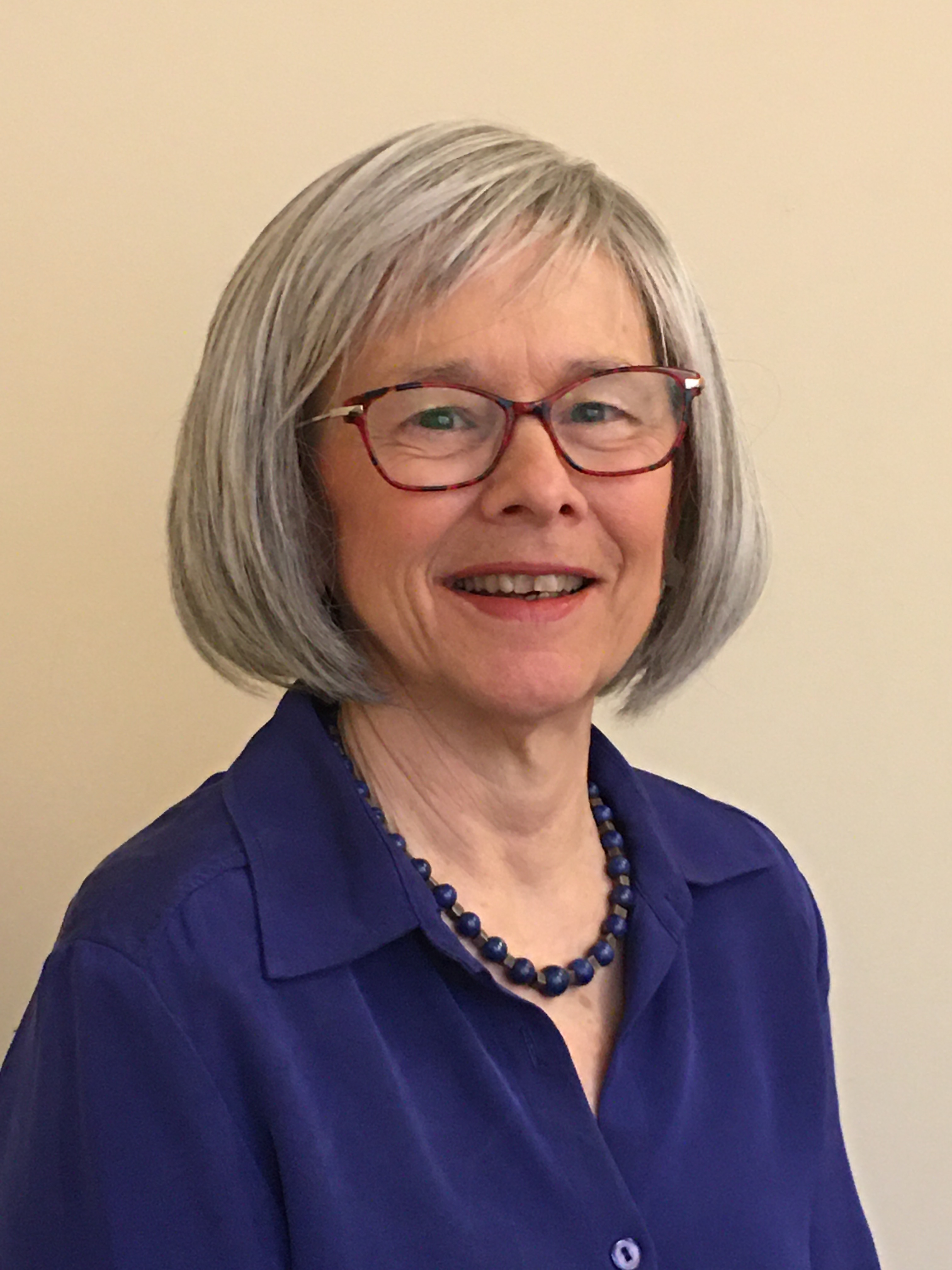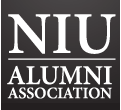Alaine Duncan, ’75, Treats Trauma Survivors Through Unique Medical Approach
By Eva Richards
 After earning her B.S. in family services from NIU, and her master's in acupuncture, Duncan pursued training with Somatic Experiencing International on the neurophysiology of traumatic stress. Her healing methods rely on the intimate relationship between modern Western medicine’s study of neurophysiology and the constructs of Chinese Medicine.
After earning her B.S. in family services from NIU, and her master's in acupuncture, Duncan pursued training with Somatic Experiencing International on the neurophysiology of traumatic stress. Her healing methods rely on the intimate relationship between modern Western medicine’s study of neurophysiology and the constructs of Chinese Medicine.Each year, Alaine Duncan, ’75, would blow out her birthday candles and wish to “make the world a better place.”
In the last 45 years of her career in social service, acupuncture, and, ultimately, the neurophysiological treatment of traumatic stress, Duncan has made her wish come true.
Growing up in the Midwest—initially in North Dakota, Wisconsin, and then Mt. Prospect, Illinois, where she graduated from high school—she was drawn to NIU because of its highly regarded physical therapy program and its affordability. During her sophomore year, she changed her major to family services.
“I think the inter-disciplinary role that my family services degree gave me helped me see challenges in the world through a multi-faceted lens,” Duncan said. “I love the space where different dimensions of life find commonality and are enriched by the connection.”
After graduation, Duncan journeyed to Washington, D.C., to work in social service and healing work, ultimately earning a master’s degree in acupuncture from Maryland University of Integrative Health in 1990.
“A turning point in my career was when I heard Kevin and Joyce Lucey speaking about the tragic loss of their son, Marine Lance Corporal Jeffrey Lucey in 2004,” Duncan said. “Jeff had returned home from Iraq in 2003 and, unable to cope with what he had witnessed, and what he had been asked to do, he committed suicide in his parents’ basement.”
While Duncan had no specialized training in working with trauma at that time, she knew that acupuncture could have made a difference for this young man and for his family.
“Through this experience, I was carried into the most meaningful work of my life,” Duncan said. “I needed to be part of a tangible response to Kevin and Joyce’s longing for the world to see that their son’s life, as well as his death, had meaning and purpose. I felt called to serve, within my own domain as an acupuncturist, to bring peace to those most personally impacted by war.”
Duncan then pursued training with Somatic Experiencing International on the neurophysiology of traumatic stress. The intimate relationship between modern Western medicine’s study of neurophysiology and the constructs of Chinese Medicine began to come alive for her.

“I found a home for my intellectual curiosity, as well as my passion for helping individuals and communities transform and heal from abuse, violence, and misunderstanding,” she said. “Healers have a critical role to play in transforming our culture into one that is more curious and less reactive to people who we experience as different from ourselves.”
Duncan spent a decade, from 2007-17, serving as a clinician, researcher and educator at the D.C. Veterans Administration Hospital, helping to develop their Integrative Health & Wellness Program. In 2017, she returned to private practice and began to write The Tao of Trauma: A Practitioner’s Guide for Integrating Five Element Theory and Trauma Treatment. This guide combines Eastern and Western trauma physiology and introduces a new map for acupuncturists, medical practitioners, mental health providers, and body-oriented clinicians to help restore balance in their patients.
Today, Duncan teaches the “East-meets-West” approach described in The Tao of Trauma to acupuncturists and mental health providers who work with trauma survivors.
“I am passionate about the role that healers of all types can play in helping transform the physiological states that too often give rise to things like bullying, child abuse, domestic, community or police violence,” she said. “Our world desperately needs its healers. I am committed to cultural transformation through healing—and I still hope to make the world a better place when I blow out my birthday candles!”
To learn more about Duncan’s methods for treating trauma, click here.
